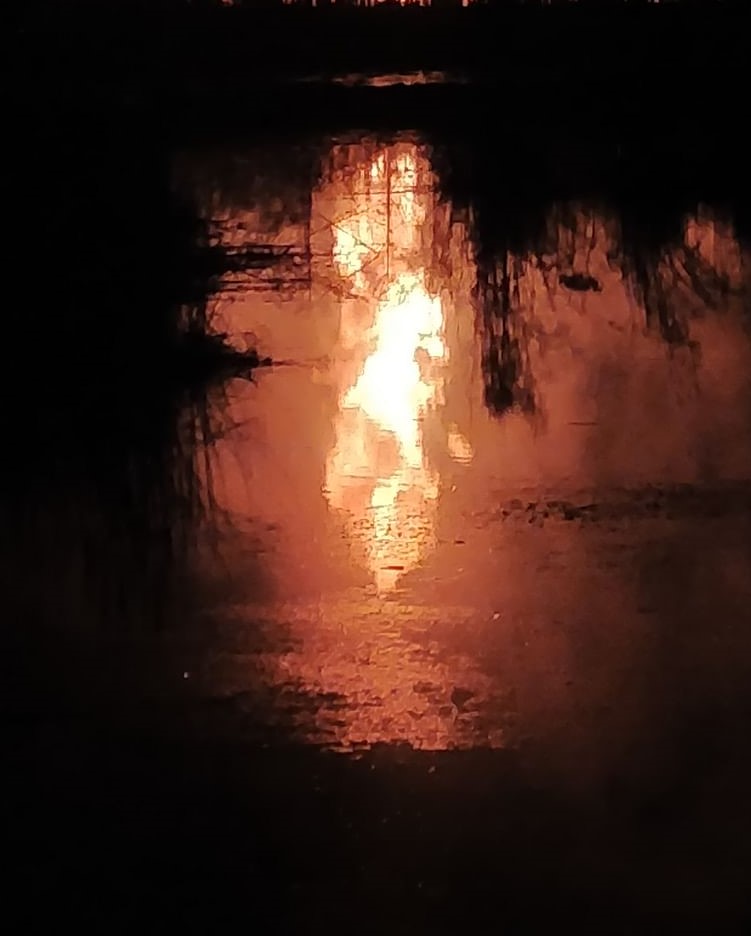
Maguri Motapung: an asset lost to flames
-
Rivers and lakes
Wetlands International South Asia is appalled and deeply saddened by the immense damage caused to the Maguri Motapung beel and its environs as a result of the Assam Baghjan oil well blowout.
Maguri Motapung is a precious natural capital for the region, providing critical habitat to numerous species, notably resident and migratory birds as well as being a fisheries resource, a flood buffer and a water and sediment regime regulator. The wetland regime is a critical part of the Dibru-Saikhowa Biosphere Reserve, an ecological corridor to Namdhapa National Park, and sustains the ecological integrity of the Indo-Burma Biodiversity Hotspot.
With immense values as listed above, conservation of the Maguri Beel, the Dibru-Saikhowa Biosphere Reserve and its environs should have the first priority, not only as a commitment towards nature conservation, but also to sustainable development of the region. However, permissions granted for oil exploration and the immense damage caused due to the oil-leak accident indicate that these commitments are not being honoured. From various news items that our organization has access to, the damage to the ecosystem has been grave and largely irreparable, the ultimate impact of which will be felt in terms of ecological imbalances and lost livelihood opportunities. The fact that this accident has taken place when the world is reeling under the impact of COVID-19, signalling our broken relationship with nature, is striking.
Our commitment to the cause of nature and wetlands in particular are clearly espoused in the Indian Constitution, the National Environment Policy and environment treaties such as the Ramsar Convention on Wetlands, the Convention on Migratory Species, and the Convention on Biological Diversity.
As an organization committed to halting and reversing degradation of wetlands, we are highly concerned with the situation at Maguri Motapung. We urge that recovery and rehabilitation measures focus strongly on the ecosystem and their dependent communities. Future risks of such accidents need to be strongly curtailed by halting any further oil exploration in the region, and putting in place strong safeguards in current operations. It is also important that the lessons from permitting developmental activities in ecologically sensitive areas such as Dibru-Saikhowa national park are learnt and integrated into policy and decision-making at various levels.
Wetlands International South Asia is available and very willing to support the State Wetlands Authority and the concerned state government departments in working towards restoring the vital ecosystem of Maguri Motapung.
Photo Credit: Rishu Kalantri
